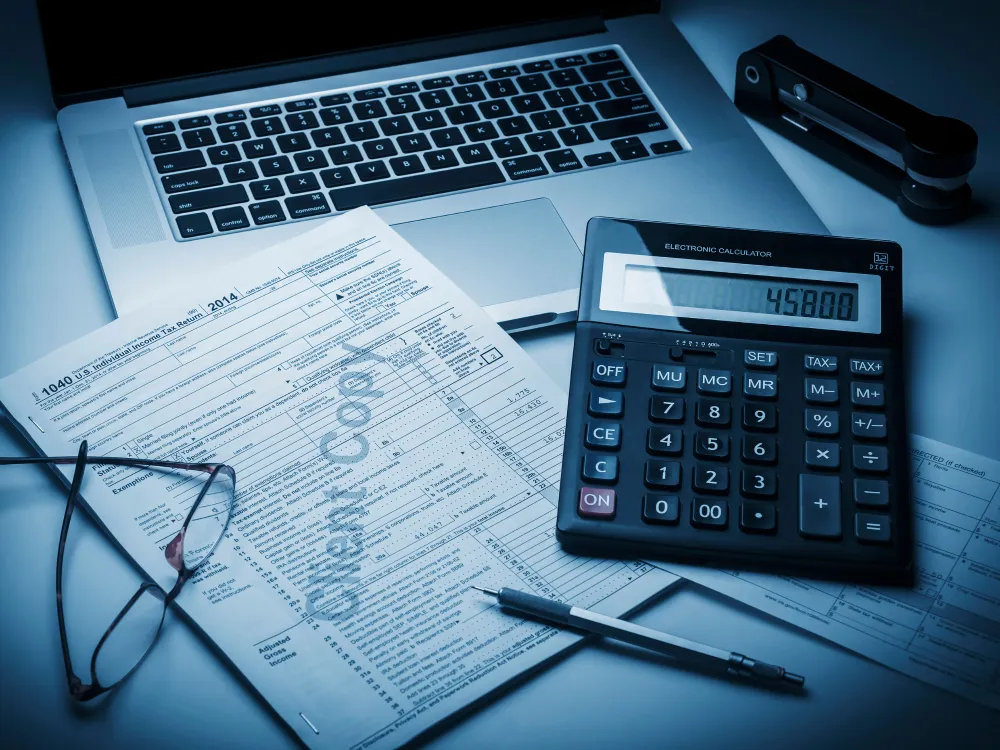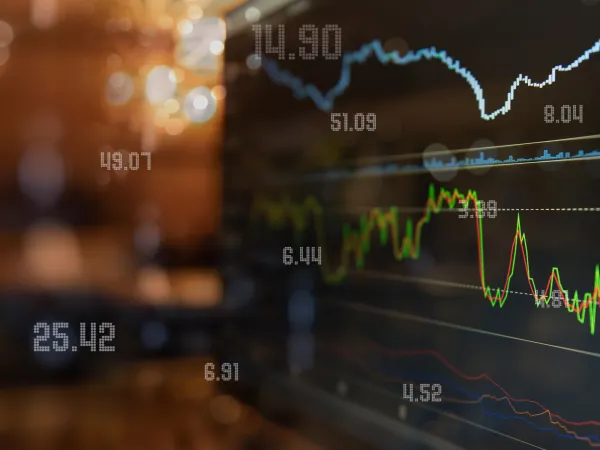
The Growing Importance of Accounting Skills in Economic Analysis
Accounting is centuries old as one of the means by which firms monitor performance, but its relevance to economic analysis is accelerating hugely. As sectors become increasingly sensitive to changing markets, inflationary pressures, and global uncertainty, calls for clear financial interpretation are on the rise.
Policymakers, analysts, and decision-makers depend on accounting information to know what is happening in the economy and why. It's no longer simply a reporting or compliance tool; it's a means of interpreting the larger world of finance.
This shift affects financial, economic, and public administration professionals. Wherever one is employed, whether in government, nonprofit, or big business, understanding how to record and analyze numbers is now an essential skill for planning strategy.
Accounting has become the vocabulary in which trends are unwrapped, projections are rationalized, and change is justified.
In today's information economy, having a professional-level understanding of when and how accounting intersects with economic analysis is more essential than ever.
Accounting is the Basis of Financial Interpretation
It all begins with the necessity to comprehend the behavior of finance. Accounting gives a systematic model by which monetary activity is quantified. Balance sheets, income statements, and statements of cash flow are not just internal measures; they determine national economic measures like GDP, trade balances, and inflation predictions.
Without sound knowledge of accounting and the classification of transactions, analysts tend to make incorrect assumptions. Proper measurement, uniform classification, and sound valuation are what enable economists to compare like with like. It’s because of this that models of economics normally start with accounting reasoning before they add variables.
Decision Makers Now Rely on Accounting-Driven Models
Governmental bodies and financial institutions make regular use of accounting information in forecasting mechanisms. For estimating revenues or measuring the efficiency of public expenditure, these approaches are grounded in carefully maintained records and financial statements.
Companies do the same. Business planning is based upon new finance models that account for depreciation patterns, cost structure changes, and working capital patterns, all derived from accounting history. Decision-makers with these facts in hand can steer executive outcomes, suggest course changes, or sound warning bells on downturns sooner than narrow indicators would.
Economic stimulus choices, tax legislation reform, and market regulation rely on tidy, plain reporting. Otherwise, economic intervention can suffer due to the misallocation of funds or timing errors. A business that focuses on accounting skills ensures that the organization doesn’t suffer those challenges (albeit on a smaller scale).
Financial Reporting Literacy is Essential
The distinction between an accountant and an economist is diminishing. Economic professionals in business are increasingly being called upon to examine accruals, amortization, and deferred tax (amongst other issues), and take into account the macroeconomic environment. These are factors that have a direct influence on cost management, profitability measures, and capital flow.
Understanding these issues allows analysts to compare companies/competitors more accurately. Increased familiarity with the underlying macroeconomic drivers empowers the organization to understand the working dynamics of firms and industries.
The days of keeping accounting and economic analysis in separate silos are long gone.
How Modern Accountants Gain These Critical Skills
With new demands on accountants come new methods of training and education. No longer just compliance or audit preparation oriented, accounting education in the new era is putting greater emphasis on strategic thinking, economic acumen, and technical flexibility. Three primary channels are molding this new generation of professionals.
On-the-Job Financial Analysis Experience
Economic interpretation is second nature for most accountants due to on-the-job experience. No matter whether they are working in a corporate finance team or providing advisory services, real-world cases bring accounting theory into tangible perspective.
Analyzing how product costs change with changes in supply chains or calculating the effect of tax credits forces professionals to become economists. Such experiences develop technical expertise and enable these professionals to contribute more meaningfully to bigger strategy discussions.
However, in the fast-moving business environment of today, on-the-job training, either formal or informal, may not be enough to provide a company with a competitive advantage.
Pursuing an Online MBA with a Finance Focus
One of the best ways of combining accounting and economic analysis is online MBAs with a finance or analytics focus. Most professionals nowadays pursue online MBA accounting courses that integrate financial reporting, managerial economics, and data analysis. This integrated appraoch prepares them to enter wider economic discussions with the necessary financial knowledge.
Such programs also provide the potential for learning on the job, enabling the application of ideas in brick-and-mortar reality. Students learn to analyze capital investment, comprehend market forces, and interpret financial reports within a competitive marketplace.
With this dual focus, accountants are being transformed into strategic contributors to business and policy scenarios.
Specialized Courses and Certifications
More public accountants are focusing on higher-level courses and specialized certifications focusing on economic fundamentals. The additional courses in financial modeling, cost behavior, and valuation enhance their skill set beyond compliance.
Short-term executive courses are available from colleges and universities that combine economic concepts with accounting concepts. This is possible without quitting their full-time jobs. Education is no longer a ‘nice to have’; it's the new normal to stay current in a rapidly evolving profession.
Technology Is Transforming Economic Reporting
Technological innovations in automation and data analysis have transformed economic data collection, inspection, and reporting. The accountants who used to labor over handwritten journal entries now manage data pipelines, forecasting engines, and real-time dashboards. This revolution enables richer economic analysis without compromising accuracy and control.
A number of tools are at the heart of this revolution:
- ERP platforms that bring financial data together and automate journal entries,
- Cloud-based accounting systems that facilitate real-time collaboration,
- Data visualization software that translates reports into consumable insight,
- Planning software that leverages historical patterns to inform planning.
These applications eliminate old barriers to access and speed. Accountants are now able to consolidate and analyze large data sets, enabling economists to improve model optimization using fresher and more accurate inputs. Shared reporting systems also enhance transparency and inter-sector collaboration, making accounting an even firmer foundation for economic interpretation.
Economic Performance Calls for Deeper Financial Insight
Accounting not merely ensures that what is measured is accurate but also comparable and meaningful in a business environment.
From performance projections to understanding government economic policy, everything is on the numbers.
The intersection between the fields of economics and accounting is blurring to such an extent that it’s often difficult to separate them. Those businesses that grasp this reality will be the ones that prosper in an increasingly complex global business environment.


